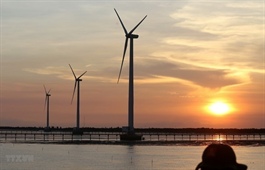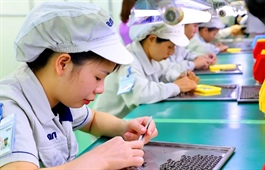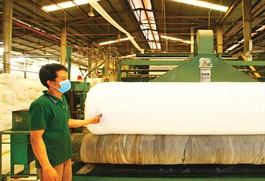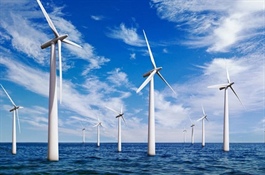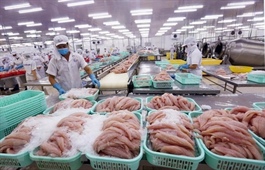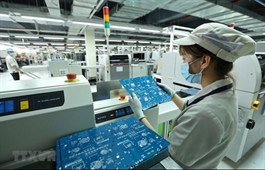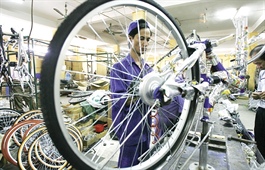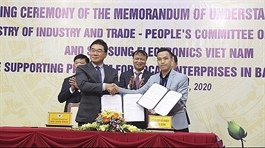DPPA pilot to put fresh wind in sail of renewable projects
DPPA pilot to put fresh wind in sail of renewable projects
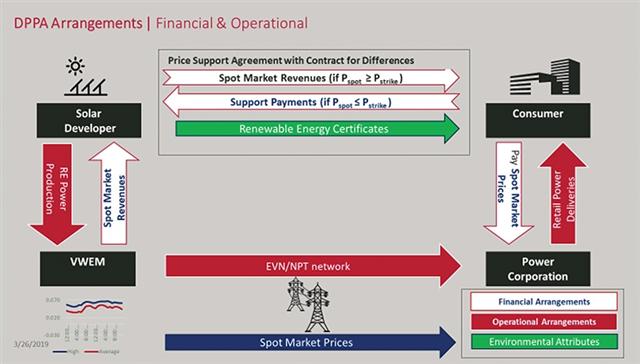
DPPA pilot to put fresh wind in sail of renewable projects
|
The Electricity Regulatory Authority (ERAV) under the Ministry of Industry and Trade (MoIT) has planned to propose government leaders to review the implementation of a legal framework and pilot programme on off-site virtual renewable direct power purchase agreements (DPPA).
The DPPA mechanism allows businesses in Vietnam to purchase from private renewable energy firms, lending an enormous opportunity for solar and wind developers. Over 30 large international and domestic businesses represented by the Renewable Energy Buyers Alliance Vietnam are supporting the effort, emphasising the critical need for accurate power market data to support low-risk transactions to power the clean energy revolution in Vietnam.
MoIT Deputy Minister Hoang Quoc Vuong said, “The goal of the programme is to promote the operation of a competitive electricity market and promote the development and use of renewable electricity sources. The electricity user and the renewable energy generator sign a 10-year contract directly with the contract price and output negotiated by the two sides.”
International corporations, especially giants in tech, lead the trend as many begin to either commit to going 100 per cent renewable or establish science-based targets to reduce greenhouse gas emissions. Google, Apple, Coca-Cola, and ABB are among those spearheading the clean charge.
The Vietnam Energy Partnership Group (VEPG) notes that for a DPPA mechanism to roll out, it may be necessary to start with existing laws and gradually improve the legal framework based on outcomes from the pilot mechanism. Results from current legal reviews show that it is essential to develop a robust legal framework in which the DPPA is one of the options for renewable generators, according to the group.
The legal framework could follow contents including the prime minister’s decision on the implementation of the DPPA being a separate mechanism and operating in parallel with the feed-in tariff mechanism so that renewable energy developers can opt for either, according to a VEPG report of June’s high-level policy dialogue featuring the ERAV and the US Agency for International Development.
It could also consider and approve electricity system infrastructure service fees to carry out DPPA transactions; study and issue specific regulations on licensing for DPPA-involved generators being active in both generation and retail sales in a single licence; and guide circular provisions on grid connection through the publication of a grid code along with required financial commitments.
Besides the DPPA, the VEPG report analysed progress in implementation of the 40 policy recommendations formulated by five technical working groups and adopted at the VEPG’s second high-level meeting in November 2018.








